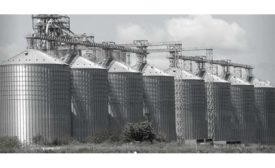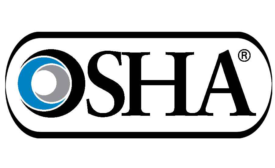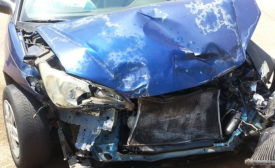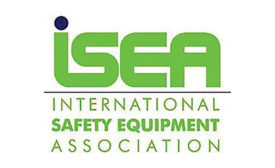Government Safety Regulations
New York City doubles down on traffic fatalities & injuries
Meeting the promise of “Vision Zero”
August 1, 2019
Artificial intelligence will be a huge competitive asset
What you need to know about the “Smart” factory
August 1, 2019
Become a Leader in Safety Culture
Build your knowledge with ISHN, covering key safety, health and industrial hygiene news, products, and trends.
JOIN TODAYCopyright ©2025. All Rights Reserved BNP Media.
Design, CMS, Hosting & Web Development :: ePublishing










